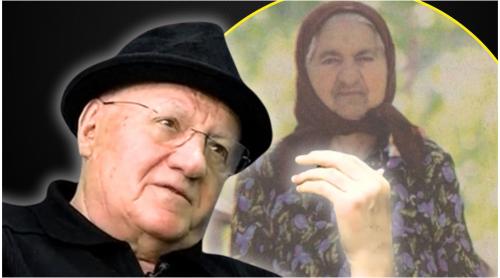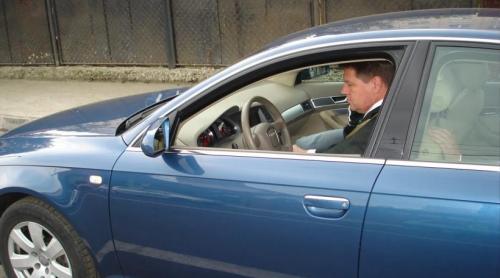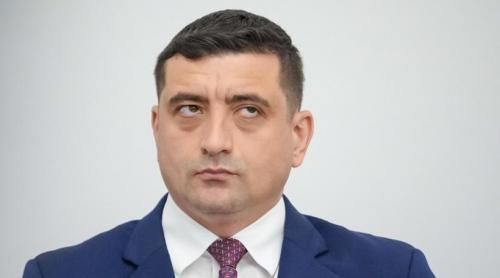
The European dream was born out of fear of unchanging of the desperate people escaped from the tragedy of war who wanted to win the right to peace, freedom, food and dignity
The European dream was born out of fear of unchanging of the
desperate people escaped from the tragedy of war who wanted to win the right to
peace, freedom, food and dignity. They elected their leaders and followed them with
confidence. It is true that the generation of leaders that had gotten out of
the war put the interests of the people before the partisan interests.
Euro-skepticism, regarding the minimizing of the EU, erupted out of the fear of
change of the lazy egoists after decades of peace who want to keep their rights
to protection and assistance, subsidies, scholarships, pensions and rents. They
do not believe in leaders and do not follow them but they don’t look for them
anymore either. They prefer the populist managers that flatter their egos and calm
them down by leaving them under the impression that they would be good if they close
themselves in national provincialism and stay away from the "others".
This is the essence of the Irish denial for the EU Reform Treaty. This is the
essence of a problem that is not exclusively Irish.
The Irish “no” is not the result or the expression of democracy, but of the
crisis in which it is located. On one hand, we are dealing with mass inability
to understand or find solutions to solve complicated problems of ensuring
security and social justice in the given conditions of globalization. On the
other hand, it is the divorce between the people and the elites. The Irish
referendum is not a victory of democracy, but a final blow against the idea of
democracy. (Especially to the direct one.) Unwillingly, and without knowing it,
the Irish have innocently proclaimed that the "king" of democracy is
empty.
It is clear that the process cannot continue on the referendum path. Such a
method does not work when the electorate is unevenly informed and educated
about the issues that are being discussed. The Irish have reconfirmed that
politics has become a profession that requires one to know the science of
complex compromises and reasoning, which cannot be practiced by masses or by
ordinary citizens of the complex contemporary society. Therefore, the Irish
message is irrational and incomprehensive. The arguments expressed by the ones
that rejected the Reform Treaty have no connection with its objectives and
contents. Therefore, the refusal cannot be translated into political subsequent
action at European level, because the Irish didn’t tell how a treaty should
look like in order for them to agree with it. "No" is therefore without
consequence.
The denial of the Treaty and of the EU by consolidating the European
institutions and by increasing their capacity to meet the European and global challenges
from the people who took maximum profit from the European integration can be explained
only by their belief that better would be worse than the already existing good
as well as by the fact that this good could be maintained without reforms. It
looks like the fact that the citizens are not aware of the EU reforms and
actions doesn’t lead to under-appreciation, but to super-appreciation as well. The
combination of despise and idealization, of fear and illusion is fatal for the
EU. The remedy can come from the leaders, but not from the people.
On the other hand, if it is true that the European process needs leaders to
lead and not to be led, the Irish “No” had shown that the project of the united
Europe cannot advance with the help of national
leaders. They are the guiltiest for the fracture between the people and the elites.
Then, they represent the origin of national-populist propaganda, which led to
the separation between the popular consciousness and the European idea, between
Europeans and the political Europe. The
European political class cannot be reduced to the national leaders only anymore.
Even before a European demos - without which a European democracy cannot exist
- will be born, a European elite able to take over the management of the
process directly has to be found.
Finally, the refusal of the Irish imposes the so-long avoided conclusion that
the European idea should be released from the prison of the blocking minority.
Some tens of thousands of Irish cannot baffle the future of hundreds of
millions of Europeans. The European Council will have to decide that the European
construction will advance without Ireland
or with an Ireland
with special rules, as a member of the lower class. The respect for each other
that the Irish and other Europeans should show requires this separation as an
unwanted, but inevitable bad. A European minority cannot decide for no one other,
but for themselves. The one that declines the majority is, in fact, self-denying.
This is how the Irish make room for a smaller, but more federal Europe.
















